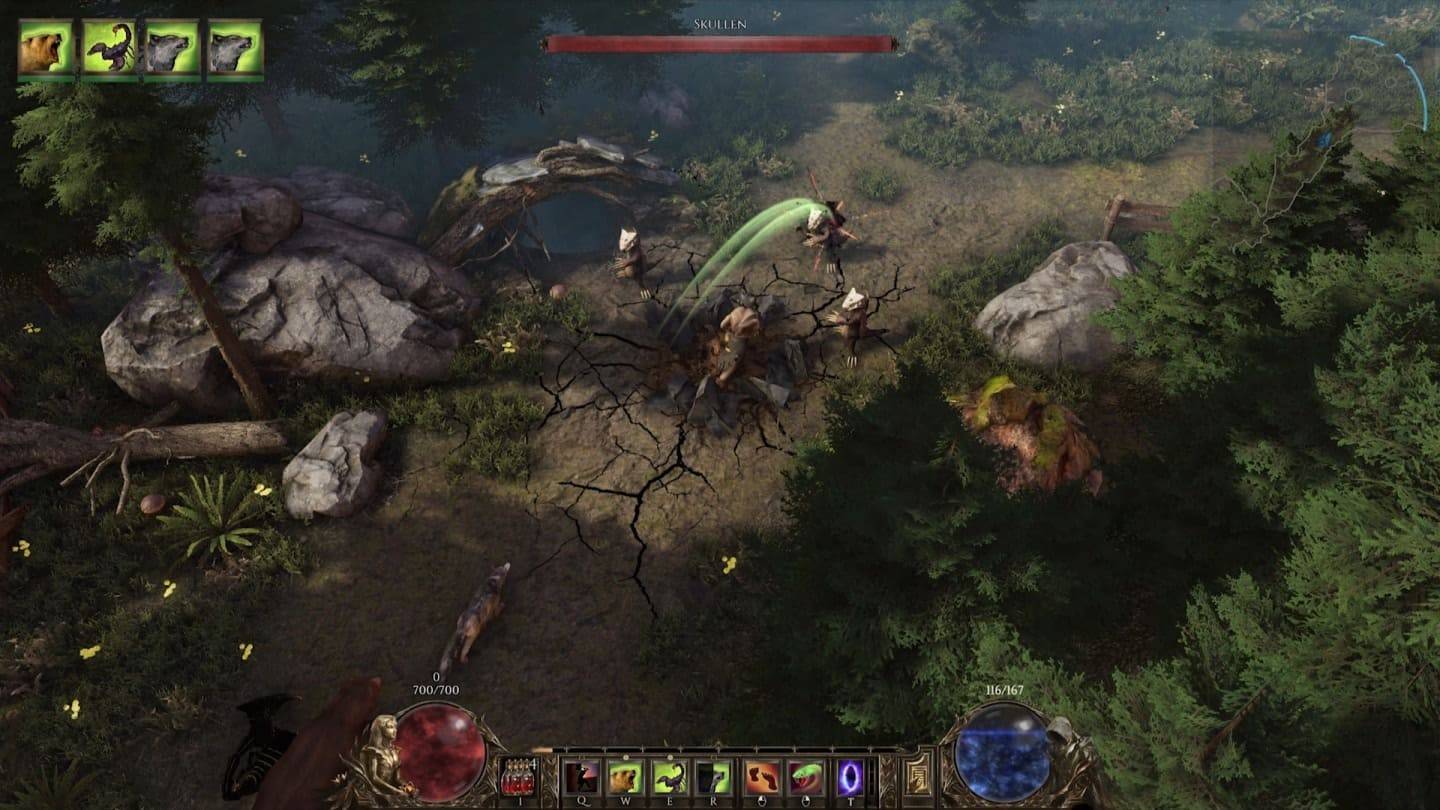If you're eagerly following developments in the gaming world, you'll already know that EA has officially announced its plans for the next installment in the iconic Battlefield series. Slated for release during the company’s fiscal year 2026, this highly anticipated game marks a bold step forward for the franchise. That gives the development team a window of opportunity spanning from April 2025 to March 2026 to deliver a truly unforgettable experience.
This week, EA took the wraps off a first official look at the upcoming Battlefield game, sharing insights into player testing and the game’s development structure. A snippet of pre-alpha gameplay was unveiled in a video showcasing Battlefield Labs, an innovative initiative designed to facilitate player-driven testing and experimentation ahead of the game’s release. EA emphasized that this marks an unprecedented phase in the franchise’s history, with the aim of gathering crucial feedback to shape the final product.
To bring this vision to life, EA has assembled a powerhouse team under the banner of Battlefield Studios. This collective effort involves four key studios: DICE, the storied Stockholm-based developer behind the series; Motive, renowned for projects like the Dead Space remake and Star Wars: Squadrons, and currently exploring an Iron Man game; Ripple Effect (formerly DICE LA), a U.S.-based studio focusing on outreach and new player engagement; and Criterion, celebrated for its work on Need For Speed and now concentrating on the single-player campaign.
Each studio is contributing its unique strengths to the project. DICE is spearheading the multiplayer aspect, while Motive is crafting single-player missions and multiplayer maps. Ripple Effect is tasked with attracting new players to the franchise, and Criterion is diving deep into the single-player narrative. EA has described this critical phase of development as a pivotal moment, urging players to weigh in on what matters most before the final release.
To facilitate this process, Battlefield Labs will host extensive testing sessions, allowing participants to engage with early builds of the game under a non-disclosure agreement. Even in its pre-alpha state, EA is confident in the game’s potential, emphasizing the importance of player input to fine-tune mechanics, balance, and overall feel.
It’s worth noting that this new chapter arrives after the turbulent reception of Battlefield 2042. While the game eventually addressed fan concerns by reintroducing 64-player maps and removing the controversial Specialists system, EA is clearly committed to resetting expectations. The decision to return to a modern setting—a nod to the beloved Battlefield 3 and Battlefield 4 era—signals a deliberate course correction aimed at recapturing the essence of what made the series so beloved.
With four full studios dedicated to the project and a clear focus on delivering both depth and accessibility, the stakes couldn’t be higher. As EA CEO Andrew Wilson noted, this is one of the most ambitious undertakings in the company’s history. The tagline for Battlefield Studios—"We’re all in on Battlefield"—underscores the scale of the endeavor.
While specifics such as launch platforms and a definitive title remain under wraps, one thing is certain: the gaming community is watching with bated breath. The return to a modern battlefield, coupled with innovations in player engagement, promises to redefine what Battlefield can achieve. Will it deliver the nostalgia and innovation fans crave? Only time—and player feedback—will tell.

 Latest Downloads
Latest Downloads
 Downlaod
Downlaod




 Top News
Top News









